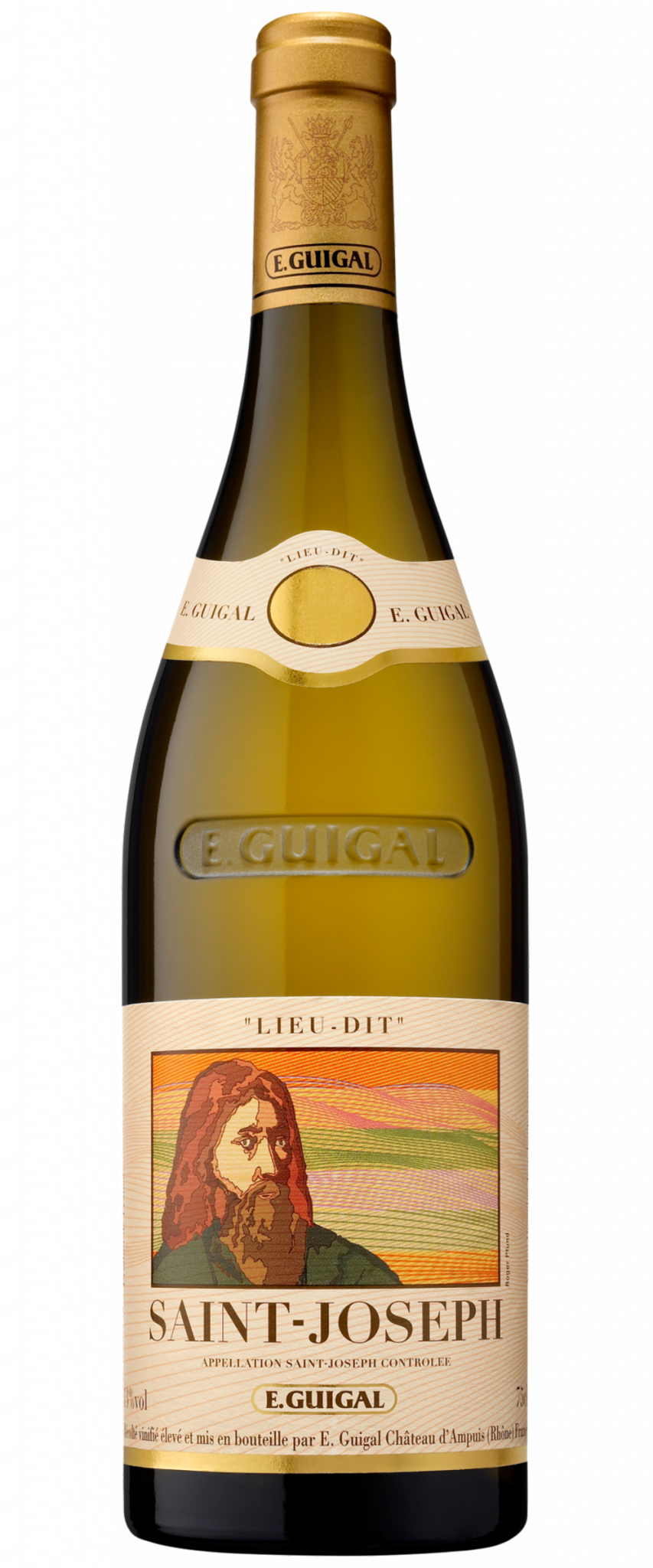
E. Guigal
Saint-Joseph Lieu Dit Blanc
Saint-Joseph
A result of its quality, Guigal’s Saint-Joseph Blanc Lieu Dit comes from the “Saint-Joseph” vineyard that gives the appellation its name. This site convinced the Guigals to work in Saint-Joseph and help to restore the historic perception of Saint-Joseph as an appellation of utmost quality. Saint-Joseph Blanc is a serious wine, with weight and complexity, and is deeply reflective of its vineyard sites. A seamless balance of freshness and fruitiness, pleasure and interest, and flavors and structure. Guigal’s specialty in whites is especially evident in this wine, as it is almost a deceptively serious wine.
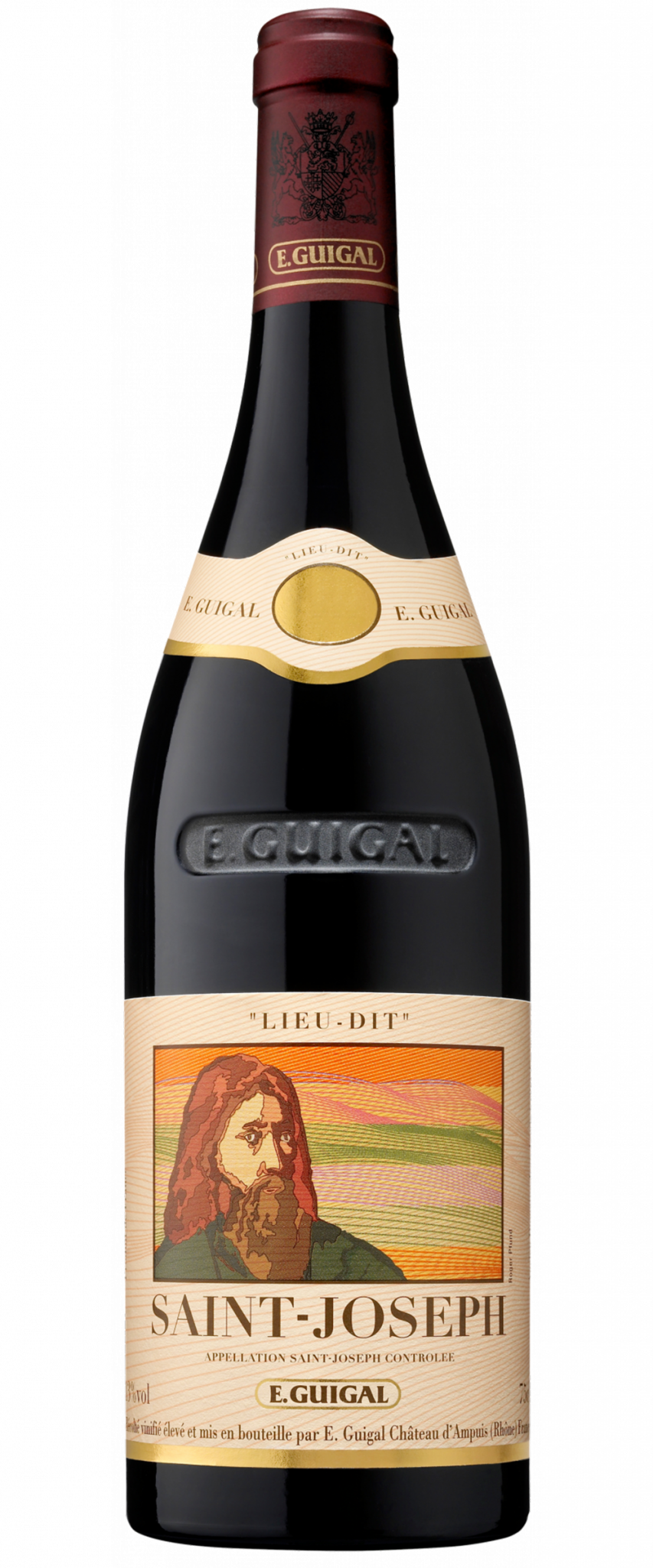
E. Guigal
Saint-Joseph Lieu Dit Rouge
Saint-Joseph
A result of its quality, Guigal’s Saint-Joseph Lieu Dit Rouge comes from the “Saint-Joseph” vineyard that gives the appellation its name. This site convinced the Guigals to work in Saint-Joseph and help to restore the historic perception of Saint-Joseph as an appellation of utmost quality. The 100% Syrah wine has complex and deep black fruit, floral, spice and mineral characteristics. Despite its concentration and powerful attack, the wine retains the trademark elegance that Saint-Joseph offers.
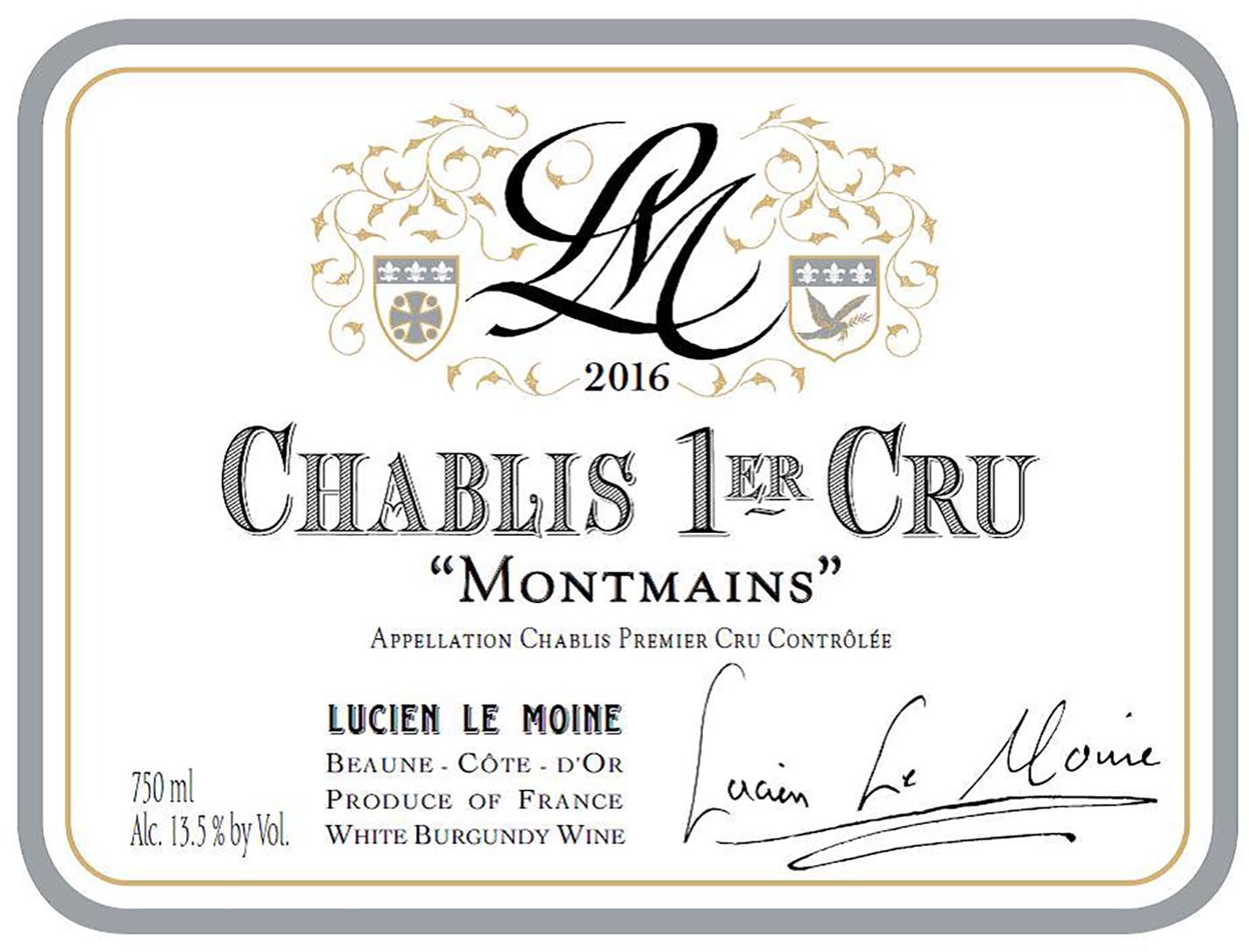

E. Guigal
Saint Joseph Vignes de l’Hospice
Saint-Joseph
Guigal’s Vignes de l’Hospice is one of the finest sites in the Northern Rhone Valley. This steeply terraced vineyard used to be divided into three, but Guigal now owns majority of this parcel in order to restore perception of Saint-Joseph as an appellation of utmost quality. In fact, Guigal is often asked when they will produce a fourth “LaLa,” and their response is that their fourth single vineyard phenomenon of the Northern Rhone is already being produced: the Vignes de l’Hospice.
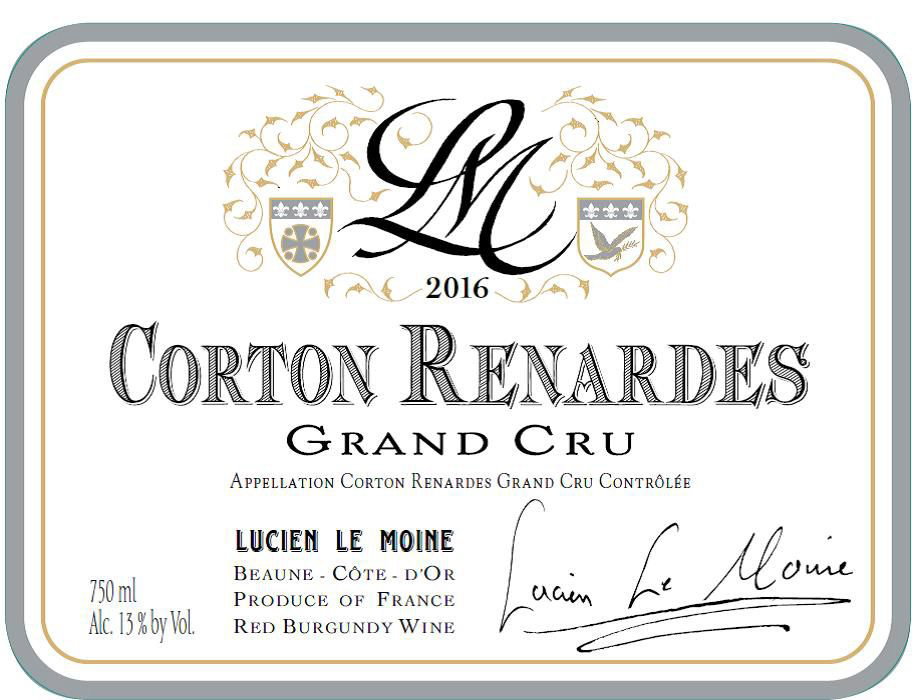
Lucien Le Moine
Corton Renardes Grand Cru
Corton Renardes Grand Cru
Corton Renardes displays the sweet side of Corton, as opposed to Corton Bressandes. It has more viscosity, more tannin, color and sweetness than Bressandes. It is both an easier wine to understand that Corton Bresandes, and more immediately attractive.
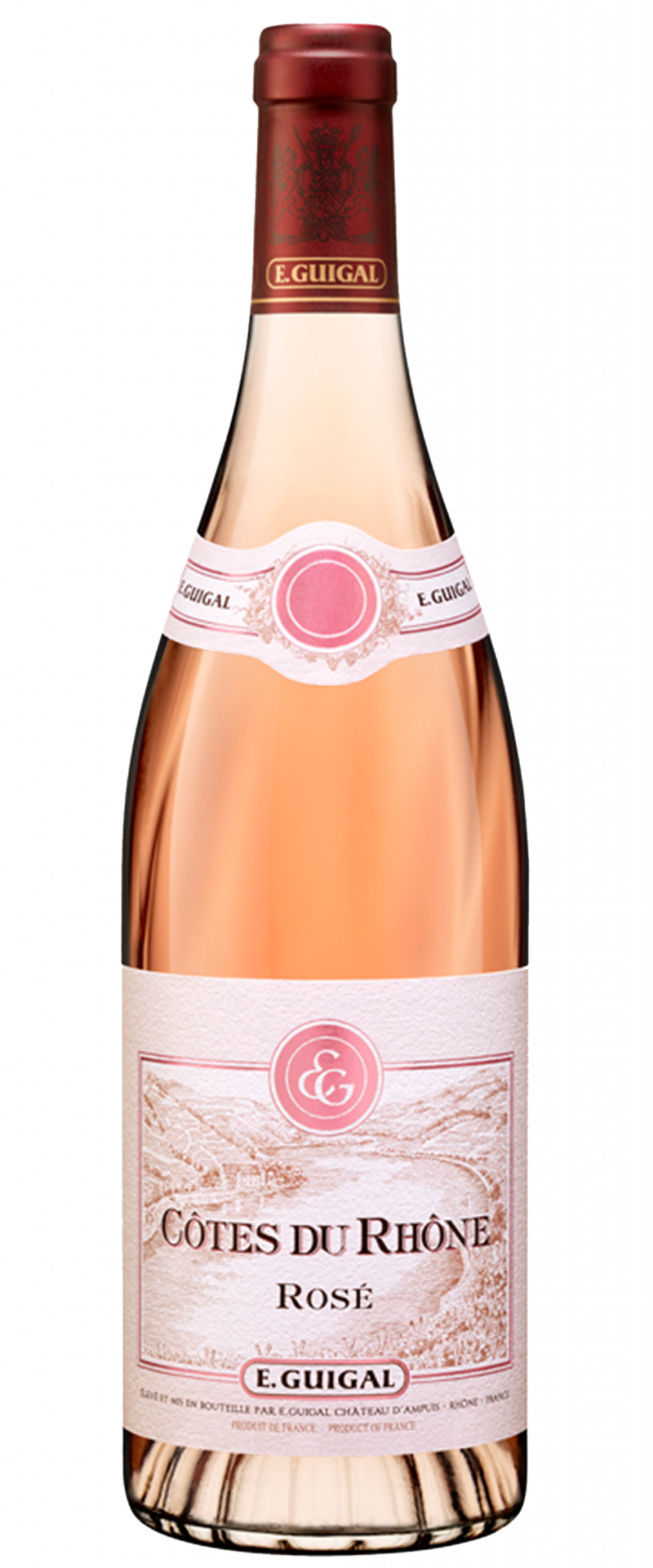
E. Guigal
Côtes du Rhône Rosé
The Guigal family has made serious dry rosé wines since the 1940s, and their Côtes du Rhône Rosé, like all their Côtes du Rhône wines, is humble in name only. The wine bursts with irresistible fresh red fruits and yet is also serious and satisfying. While this Rosé is always a lovely aperitif, its intensity and richness make it perfect for the table, and it pairs well with all manner of cuisines. And starting with the 2020 vintage, the wine has a stunning new proprietary bottle: a subtle enhancement for an already elegant wine!
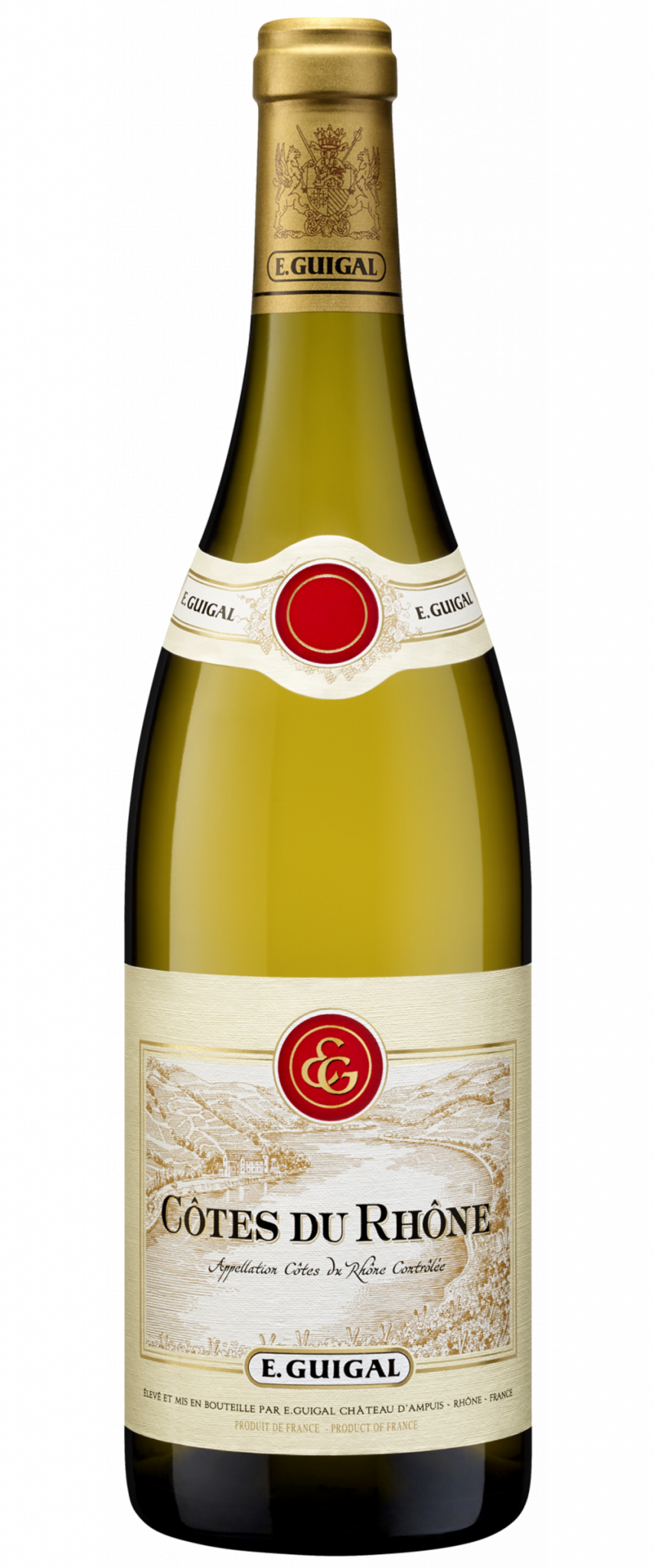
E. Guigal
Côtes du Rhône Blanc
Guigal’s Côtes du Rhône Blanc both sets and steps outside the standard for the appellation and showcases one of the great secrets of the Guigal family: their specialization in the great white Rhône varieties. While only 8% of the Rhône's production is white, a full 25% of Guigal’s production is white and they are today the single largest producer of whites in the Rhône Valley.
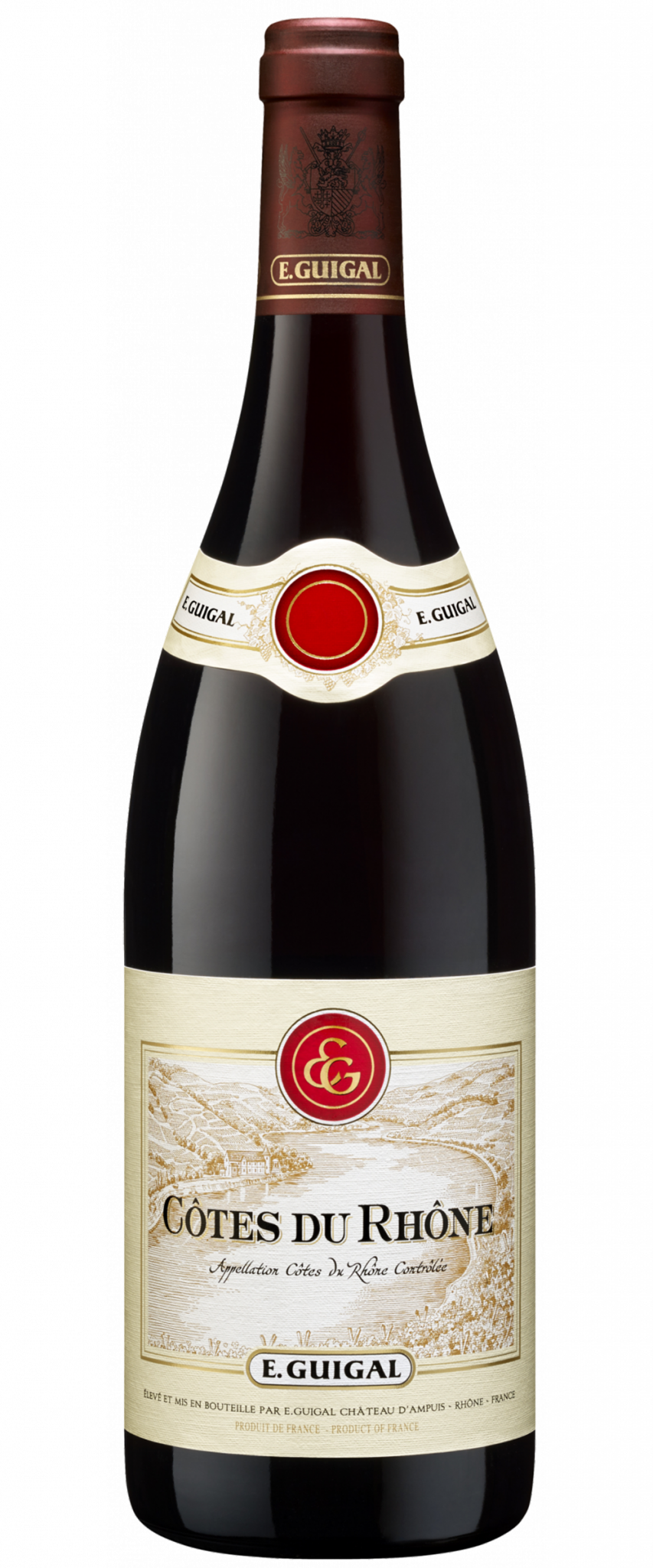
E. Guigal
Côtes du Rhône Rouge
Given that this particular wine can be the introduction to the entire Rhône Valley for a drinker, as well as the position they occupy in the Rhône, it is not enough for the Guigals to make a good Côtes du Rhône. They are relentlessly driven to produce a distinctive and outstanding wine that drives interest in exploring the entirety of the Rhône.
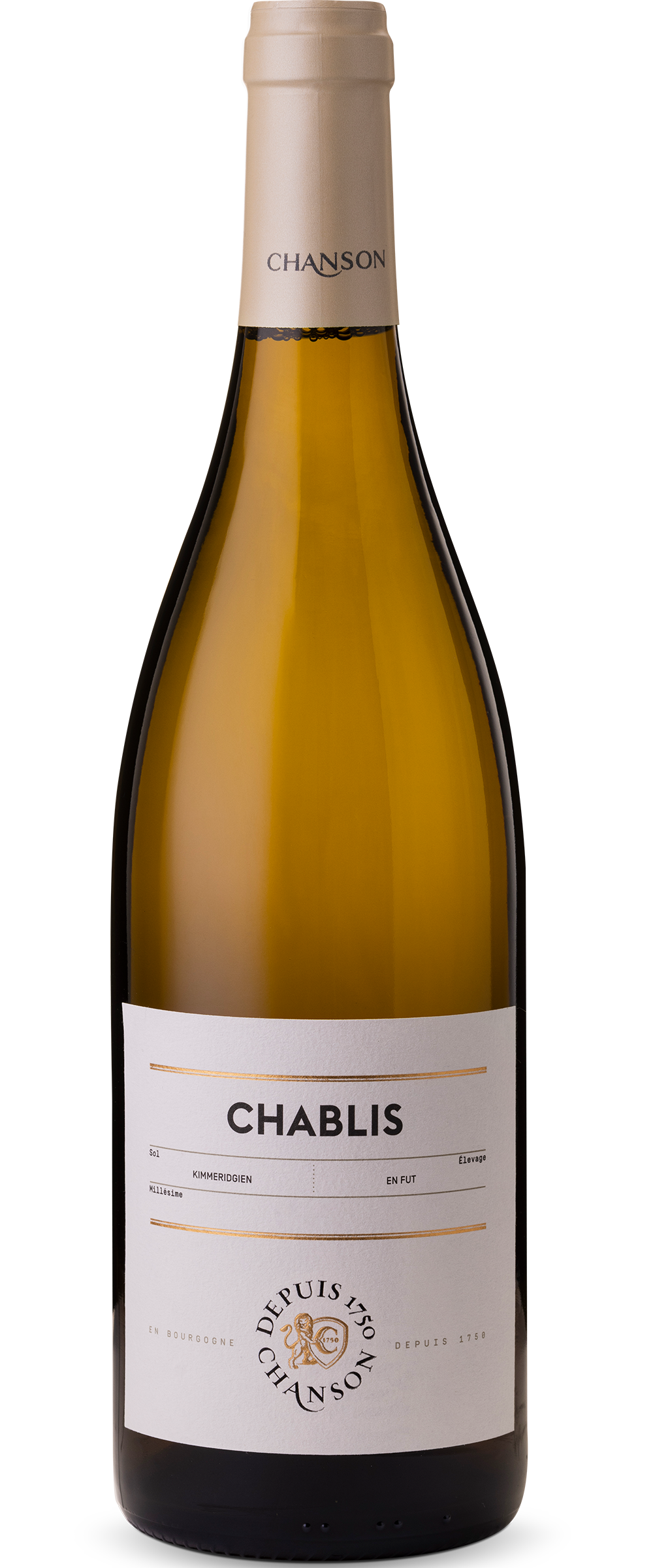
Domaine Chanson
Chablis
Chablis
The village of Chablis, located in the northernmost district of Burgundy, is known for producing steely, crisp wines with intense green-appley acidity and a firm, mineral backbone. Domaine Chanson makes a plot-based selection on hills ideally mostly located in south of the village.

Domaine Chanson
Gevrey-Chambertin
Gevrey-Chambertin
Gevrey-Chambertin is one of the major communes in the Cote de Nuits and is located in the northern part of the appellation. Fruit is sourced from 4 contracted growers from mid-slope vineyards bordering the prestigious Premier Crus, including the Lavaux St Jacques. This is a "coup de coeur" wine, meaning it touches your heart with its charming style and powerful aromas and flavors.
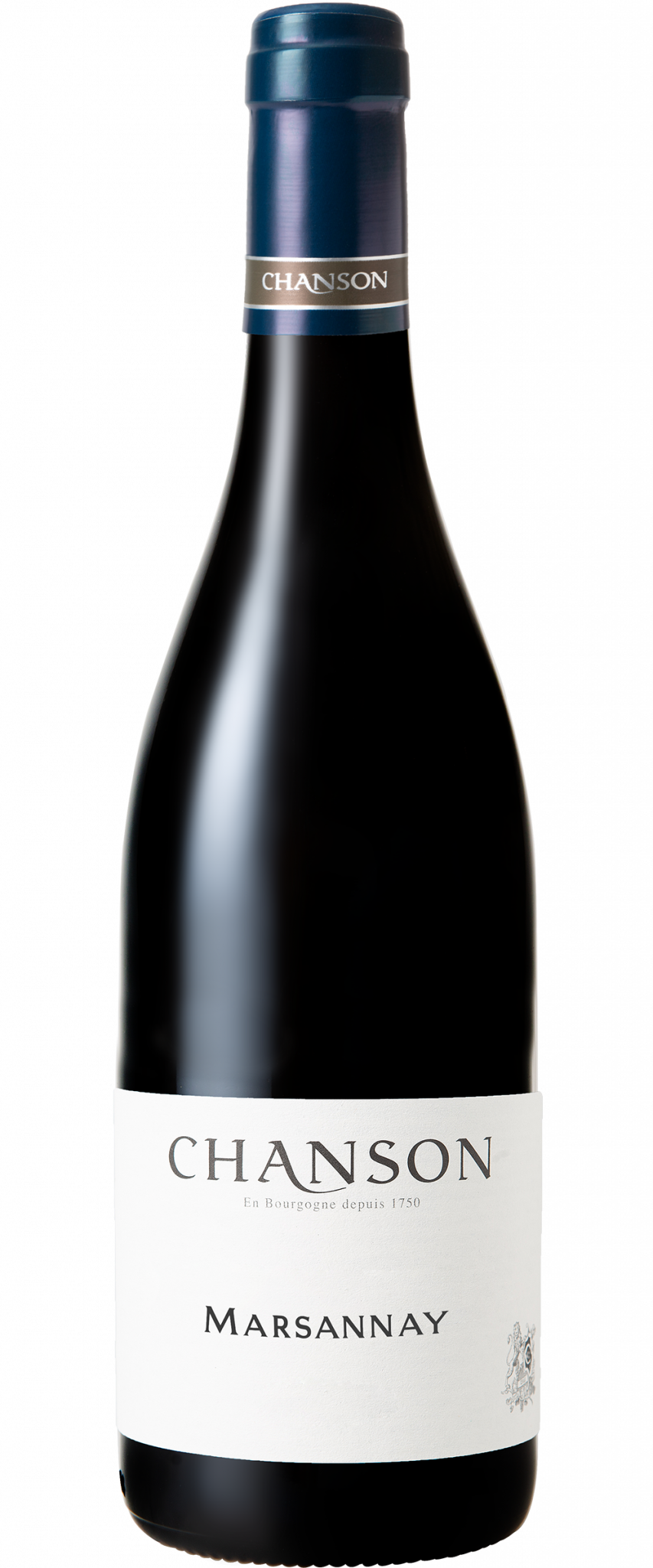
Domaine Chanson
Marsannay
Marsannay
Marsannay is a village level located in the northen part of the Côte de Nuits a short distance of Dijon, the regional capital. Chanson has made this appellation an intense focus because of the serious quality the wines can achieve when diligently approached, and the sheer pleasure they can offer.
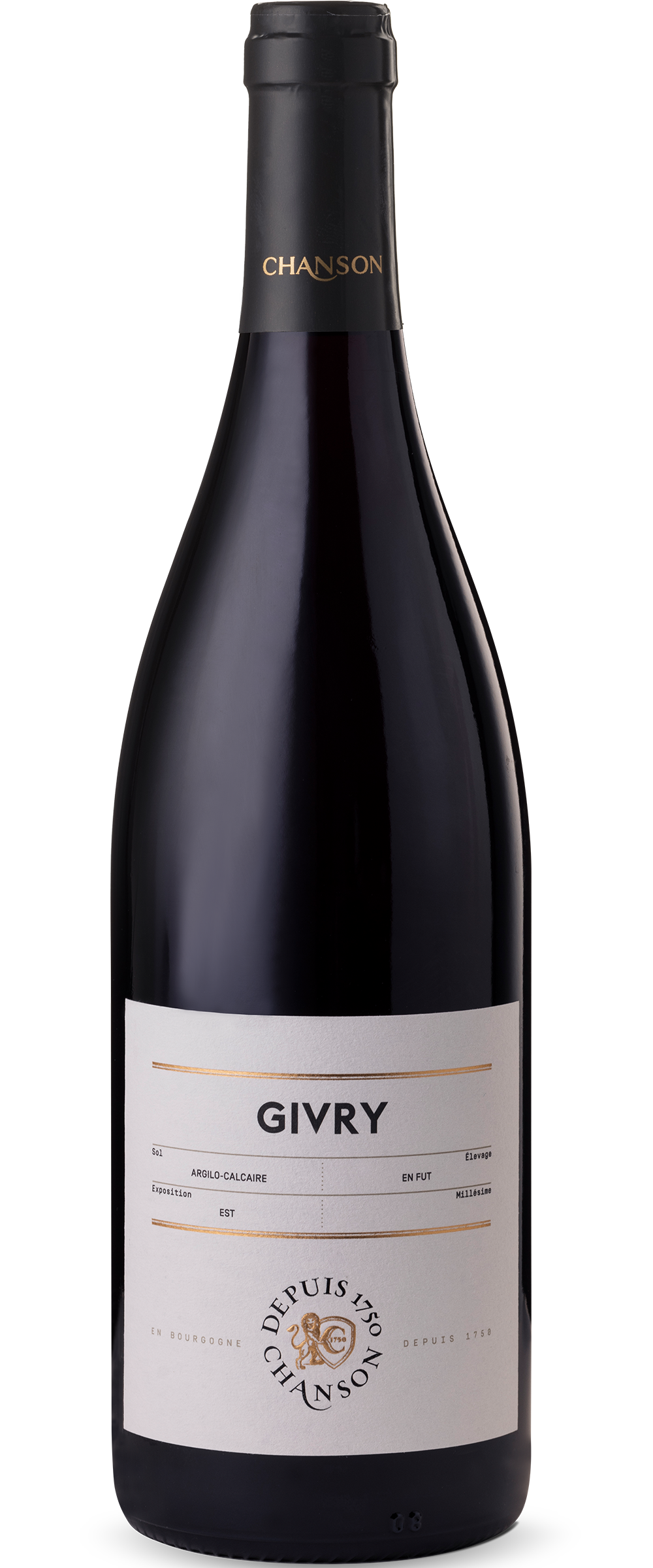
Domaine Chanson
Givry
Givry
Givry is one of the smallest but most famous of the 5 villages in the heart of the Côte Chalonnaise, in the southern part of Burgundy. Whole bunch maceration really helps this wine to deliver. It brings structure, matter and a touch of spiciness and freshness.
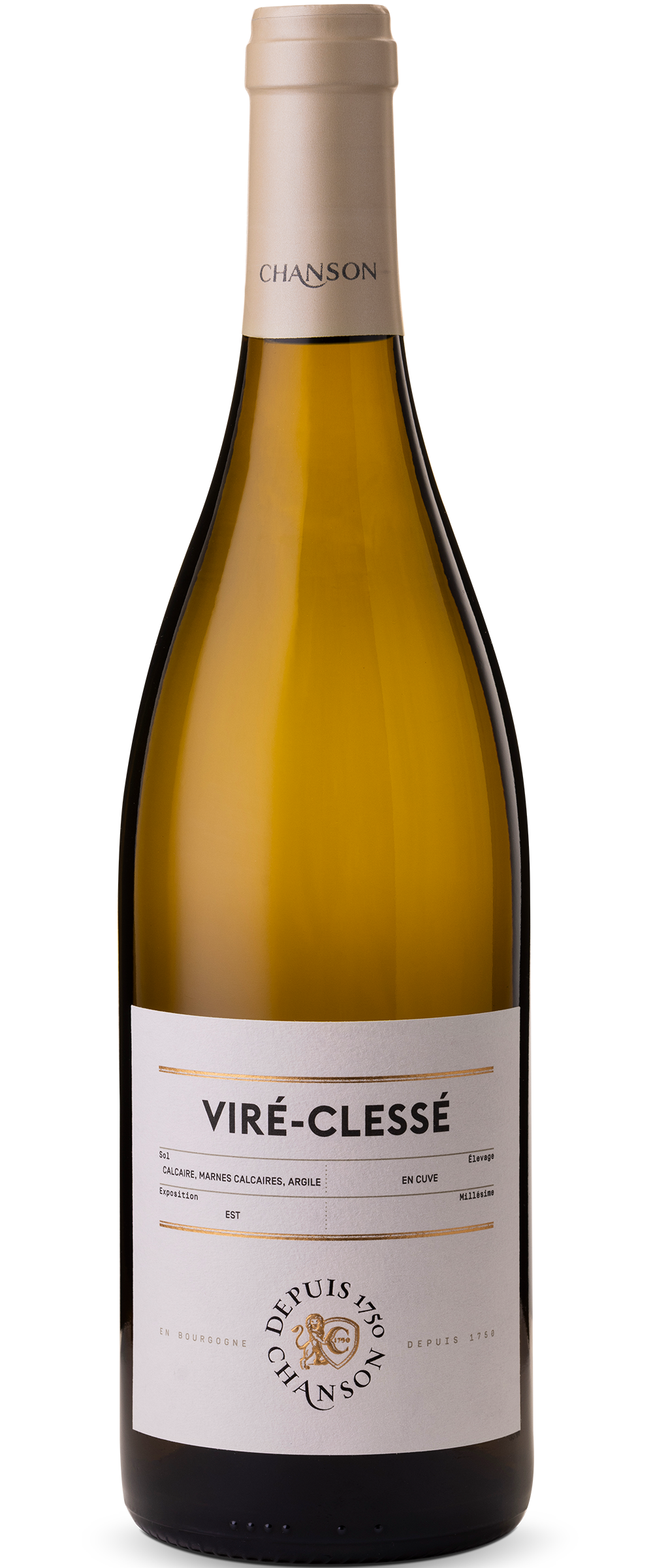
Domaine Chanson
Viré -Clessé
Viré -Clessé
Chanson's regional wine, Viré Clessé is one of the best white wines of the region, combining suppleness and minerality. The appellation lies in the heart of the Mâcon appellation in the south of Burgundy. The two villages, Viré and Clessé form a unique terroir on south-east facing slopes. In Viré, the soil is chalky with large layers of clay. In Clessé, the soil structure is slightly different, with a combination of chalk and clay mixed with liasic marls combined with oyster-fossils, giving the wine an underlying minerality. It's produced from a combination of Chardonnay and Chardonnay Muscaté grapes.
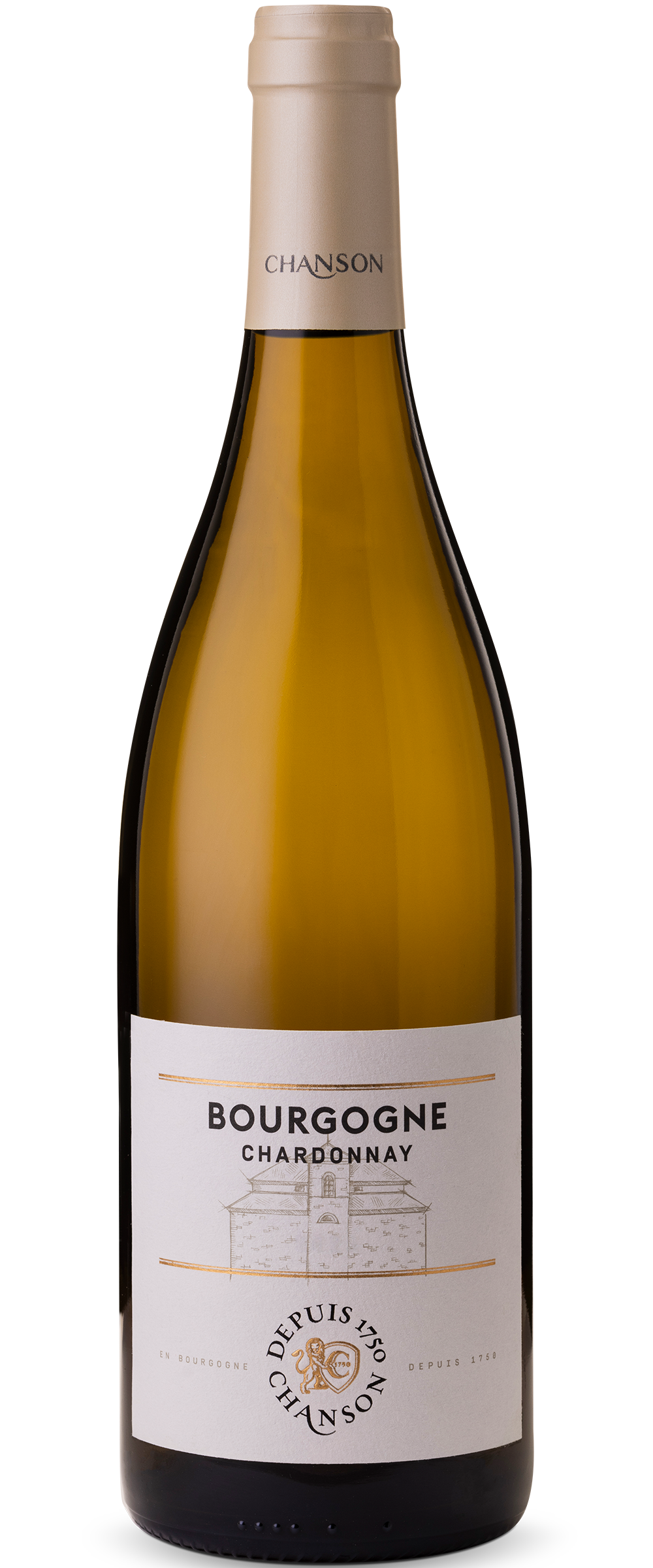
Domaine Chanson
Bourgogne Chardonnay
Burgundy
This serious Bourgogne Blanc is pale gold in color with intense aromas of citrus fruit, green almond and an underlying minerality. On the palate, it is well-balanced, with very pure fruit and a racy acidity. The finish is refreshing. It's perfect with charcuterie, pâté and goat cheese.
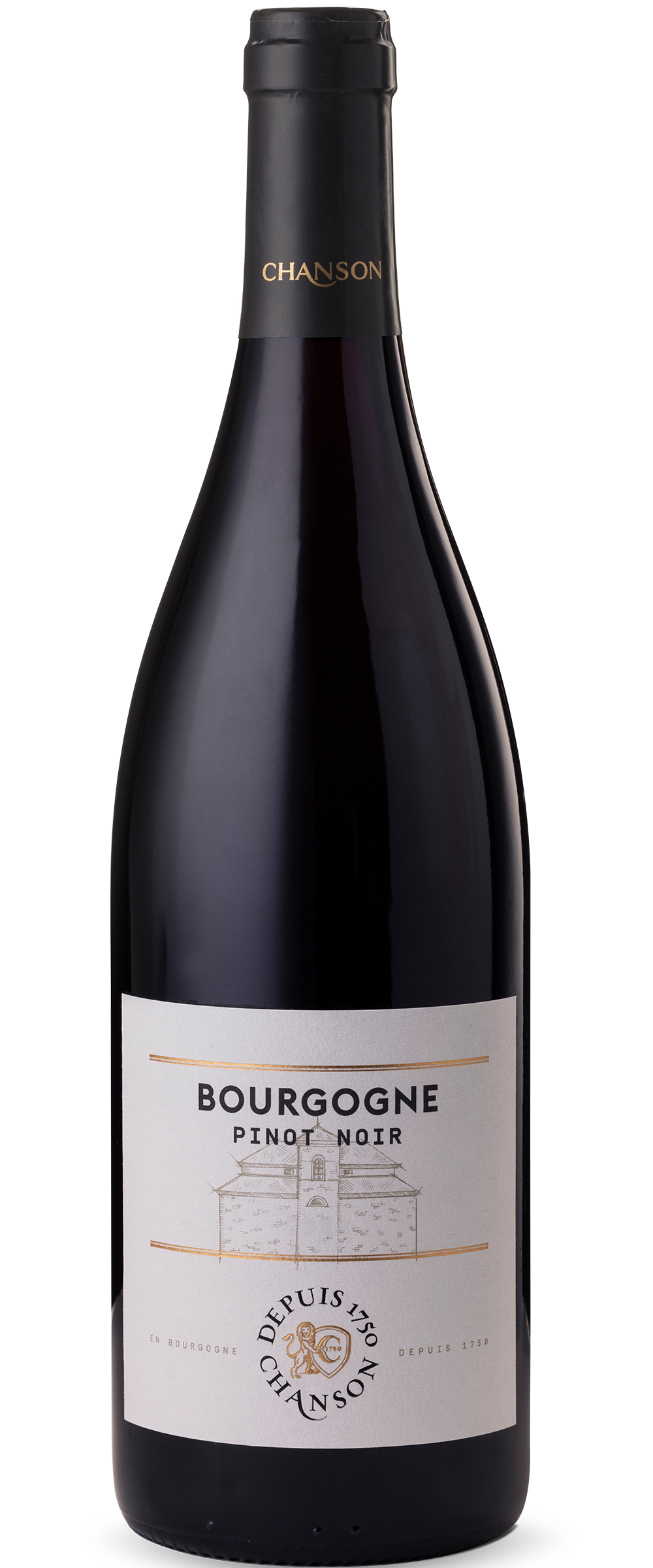
Domaine Chanson
Bourgogne Pinot Noir
Bourgogne
The grapes for Domaine Chanson’s Bourgogne Rouge are sourced exclusively from select estate-owned vineyards in the Côte de Nuits, as well as several terroirs located in the southern part of the Côte de Beaune.
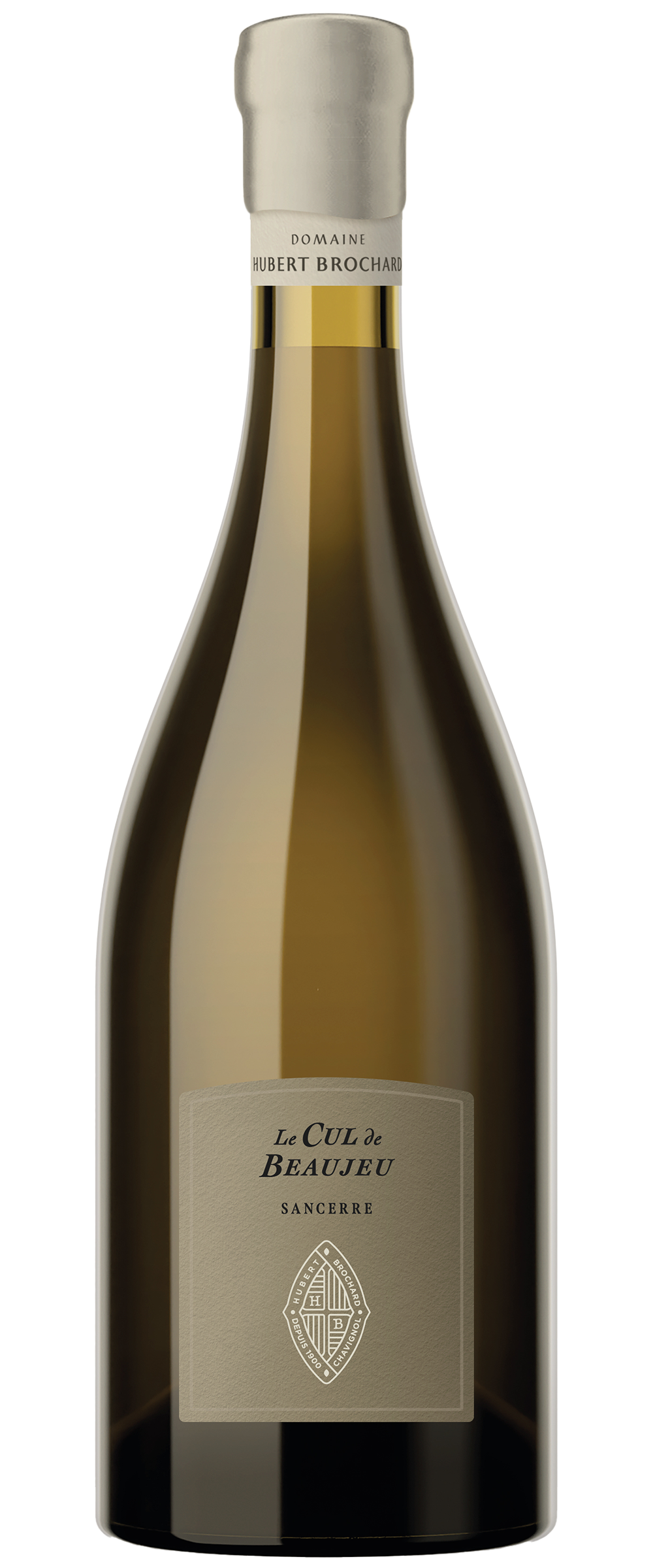
Domaine Hubert Brochard
Sancerre Le Cul de Beaujeu
Loire Valley, France
Fruit is sourced from a very steep hillside overlooking the village of Chavignol. All work in the vineyard is done by hand. This Clay-chalk and underlying Kimmeridgian shale terroir has a perfect Southeast exposure. Vinification takes place in terracotta amphora and oak barrique. This unique terroir yields a very aromatic, fine and precise Sancerre. A lovely expression of this unique single vineyard.
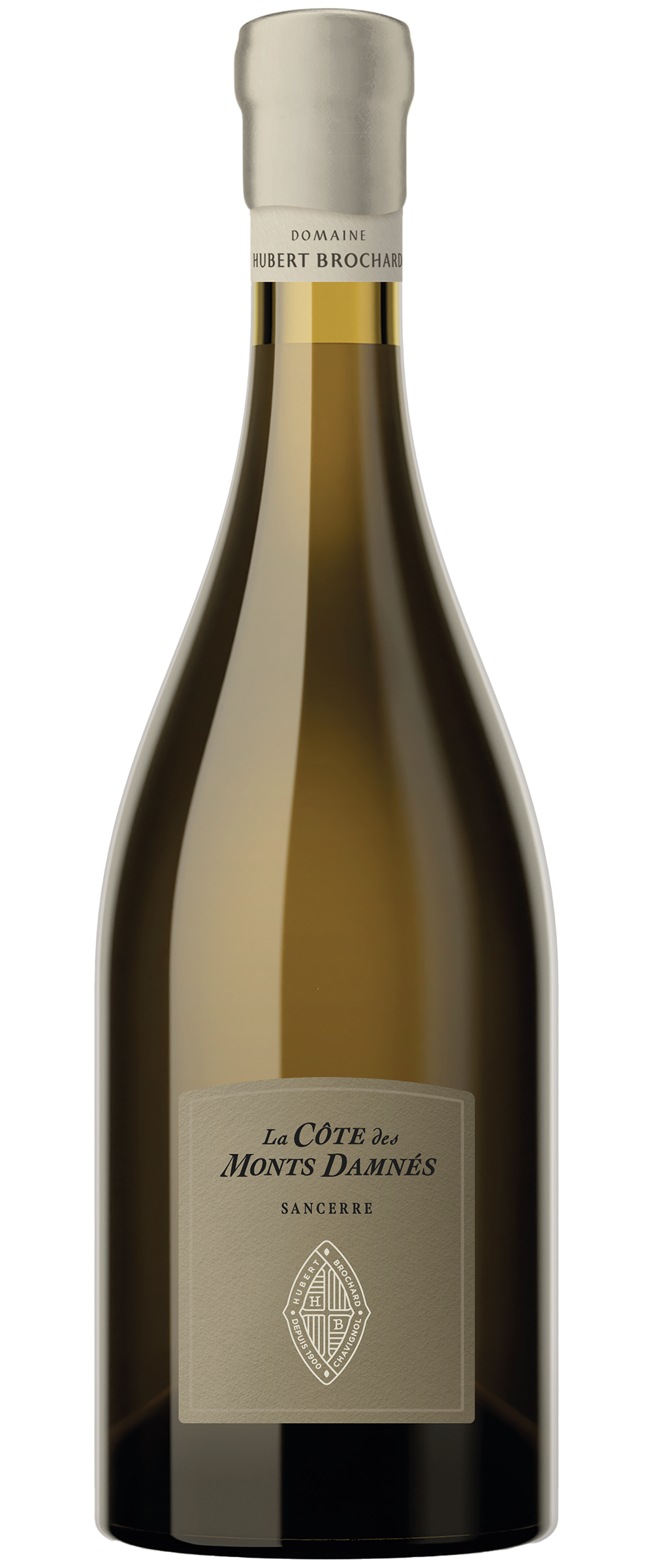
Domaine Hubert Brochard
Sancerre La Côte des Monts Damnés
Loire Valley, France
"La Côte des Monts Damnés," is a very steep hillside overlooking the village of Chavignol. All work in the vineyard is done by hand. The clay white earth mixed with marine fossils has a perfect southern exposure. Vinification takes place in terracotta amphora and oak barrique. This unqiue terroir yields a rich, fine and precise Sancerre. A perfect expression of this iconic place.
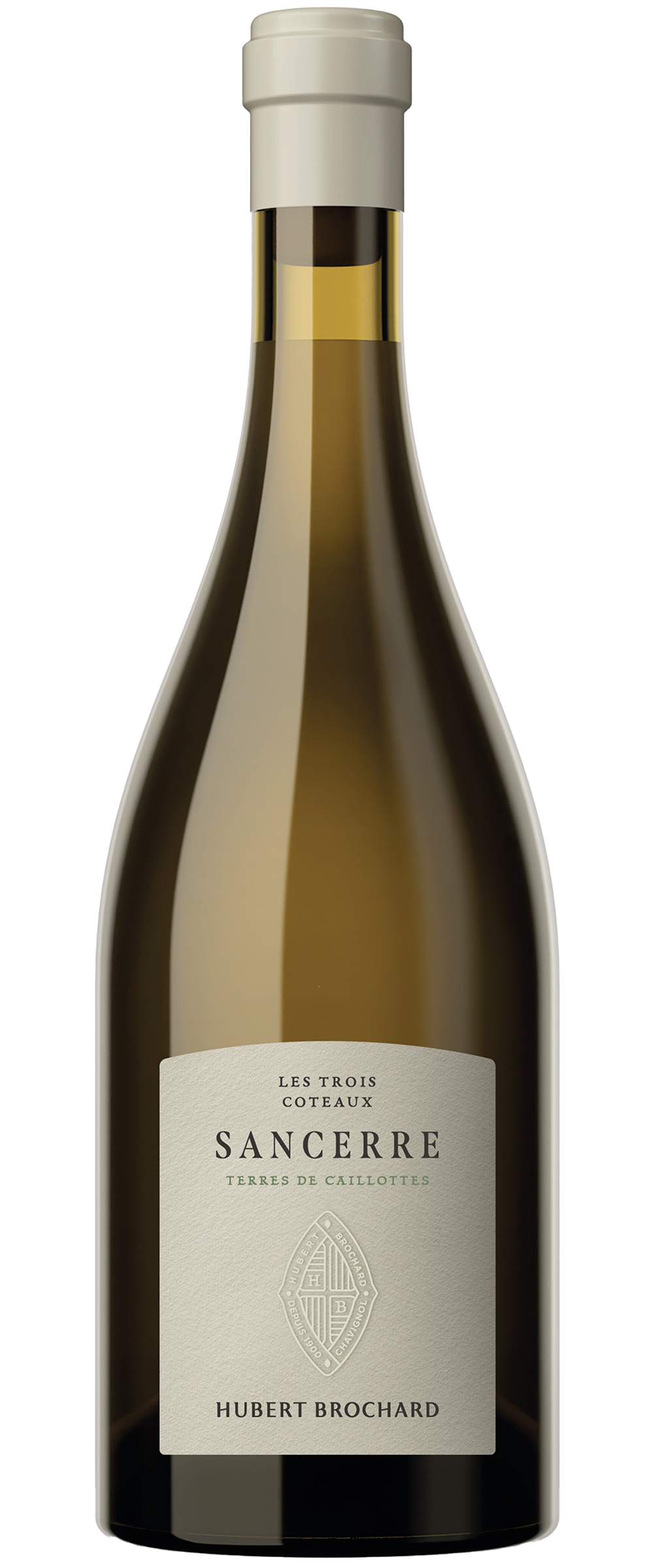
Domaine Hubert Brochard
Sancerre Les Trois Coteaux
Loire Valley, France
Sourced from vineyards surrounding the winery based in Chavignol, in the center of the Appellation. It is on Caillotes soil (small chalky stones). Vinification takes place in stainless steel tanks with controlled temperature in order to keep all the fine aromas of Sauvignon. This terroir results in very balanced, fine and precise Sancerre.

Domaine Hubert Brochard
Sancerre Château de Fontaine Audon
Loire Valley, France
This Sauvignon comes from vineyards surrounding the beautiful Chateau de Fontaine Audon in the north of the Appellation. It is on flinty (silex) soil. The vinification takes place in stainless steel tanks with controlled temperature in order to keep all the fine aromas of Sauvignon. This flinty terroir yields a very mineral, fine and precise Sancerre.

Domaine Hubert Brochard
Sancerre Château de Thauvenay
Loire Valley, France
This Sauvignon comes from vineyards surrounding the beautiful Chateau de Thauvenay near the Loire Canal. It is on chalky soil dating from the Kimmeridgian period. This clay-limestone marl results in a rich and aromatic Sancerre; an ideal expression of this unique terroir.